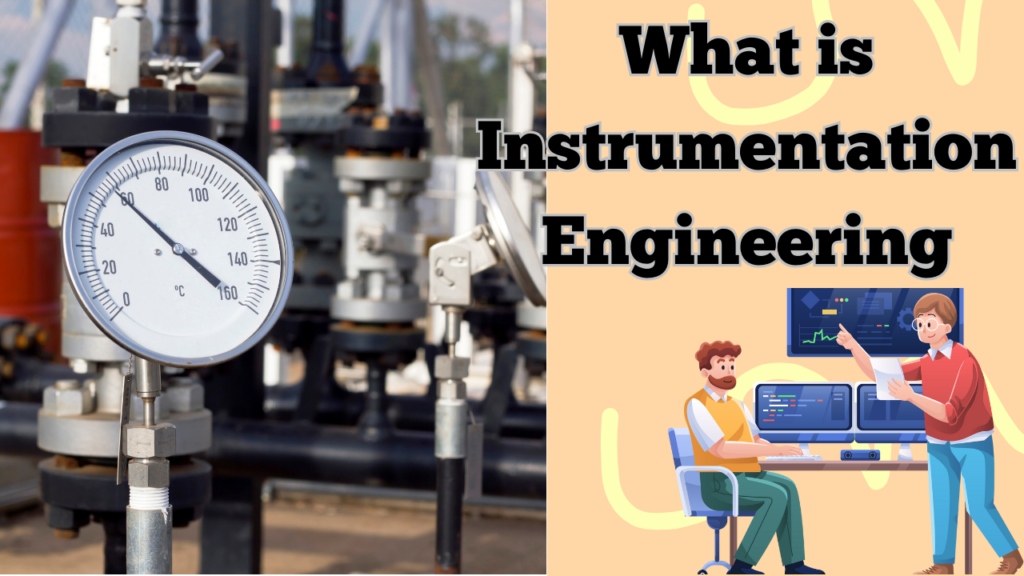Introduction:
In our technologically advanced and automated world, precise measurement and control are essential for efficiency, safety, and reliability in various industries. Instrumentation Engineering focuses on creating instruments and systems that accurately measure and control processes. Instrumentation engineers play a vital role in revolutionizing how we measure and analyze physical quantities in sectors such as manufacturing, aerospace, healthcare, and energy production.
The Role of an Instrumentation Engineer:
Instrumentation engineers are responsible for designing, developing, installing, testing, and maintaining instrumentation systems. They use their knowledge of engineering, physics, and electronics to create reliable instruments. These instruments measure temperature, pressure, flow rate, and more, which are critical for process control, optimization, and safety.
Designing and Developing Instruments:
One of the main tasks of an instrumentation engineer is to design instruments that meet specific requirements. They consider factors like the range of measurements, accuracy, response time, and reliability. Instrumentation engineers use sensors, transducers, and actuators to convert physical quantities into electrical signals for analysis.
Signal Conditioning and Data Acquisition:
Instrumentation engineers work on signal conditioning, which means making electrical signals from sensors suitable for accurate measurement and analysis. They also use data acquisition systems to capture and record data from multiple sensors in real-time. This data helps in monitoring and making informed decisions.
Control Systems and Automation:
Instrumentation engineers design control systems for automated processes. By integrating sensors, actuators, and controllers, they create systems that measure the current state of a process and make necessary adjustments. These control systems ensure stability, accuracy, and reliability, leading to increased productivity and reduced human intervention.
Instrumentation engineering in Industries:
Instrumentation engineering finds applications in various industries. In manufacturing, instrumentation engineers ensure precise control of variables like temperature, pressure, and flow rate, resulting in consistent product quality and process efficiency. In the energy sector, they design instruments for monitoring and controlling power generation, transmission, and distribution systems. In healthcare, instrumentation engineers develop medical devices and monitoring systems to assist in diagnosis, treatment, and patient care.
Advancements and Challenges:
As technology advances, instrumentation engineering keeps up with new developments. Wireless communication, the Internet of Things (IoT), and data analytics have expanded the possibilities in measurement and control systems. Instrumentation engineers use these advancements to create smart, interconnected systems that enhance efficiency and enable predictive maintenance.
However, with advancements come challenges. Instrumentation engineers must integrate older systems with modern technology, ensure data security, and handle the increasing complexity of interconnected systems. Staying updated with industry standards, regulations, and emerging technologies is crucial to overcome these challenges effectively.
Conclusion:
Instrumentation engineering plays a crucial role in modern industries, where accurate measurement and control are vital for efficiency and safety. Instrumentation engineers design instruments, control systems, and integrate emerging technologies to advance industries and ensure reliable data for decision-making. As technology continues to evolve, instrumentation engineering will shape the future of automation and industrial processes, making measurement and control even more precise and effective.

